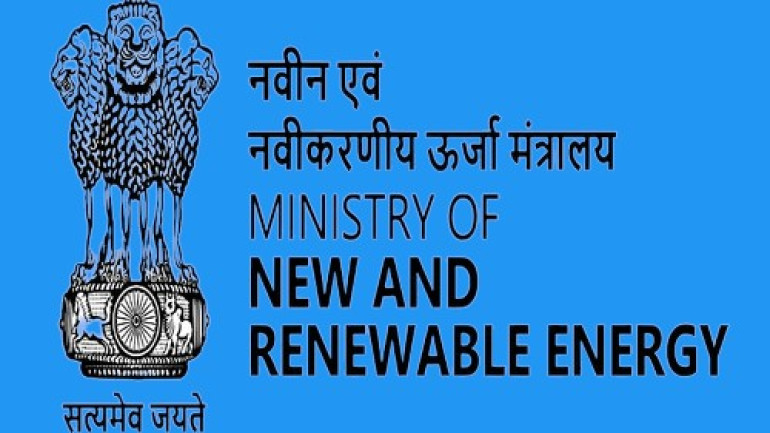
Follow India Renewable Energy News on WhatsApp for exclusive updates on clean energy news and insights
MNRE Launches National Geothermal Energy Policy to Harness Earth’s Heat
Sept 18, 2025
The Ministry of New and Renewable Energy (MNRE) has introduced the National Policy on Geothermal Energy to promote research, exploration, drilling, and cost-effective deployment of geothermal technologies for both power generation and direct-use applications. The policy aligns geothermal with other renewable sources, offering benefits such as must-run status, open access charge waivers, renewable purchase obligation (RPO) eligibility, interstate transmission access, and participation in the Indian Carbon Credit Trading Program.
The framework emphasizes advanced drilling techniques, reservoir management, and repurposing of abandoned oil and gas wells for geothermal power. It also supports direct-use technologies like ground source heat pumps (GSHPs) for decarbonizing buildings, agriculture, and industries. MNRE will act as the nodal body, coordinating with international geothermal agencies, research institutes, and donor agencies to mobilize concessional finance, R&D, and pilot projects. IREDA and other institutions may provide soft loans, while centers of excellence will be established for technical and industry-led innovation.
India has 381 identified hot springs and multiple high-potential sites in Ladakh, Himachal Pradesh, Uttarakhand, Arunachal Pradesh, Sikkim, Chhattisgarh, Gujarat, and Maharashtra. These sites will be prioritized for pilot projects, cold storage, greenhouse heating, aquaculture, and geothermal tourism. The policy also encourages joint ventures between geothermal, oil, and mineral companies, alongside adoption of enhanced geothermal systems (EGS), hybrid solar-geothermal plants, and closed-loop technologies.
States will play a key role by allocating zones, issuing land leases, and establishing single-window clearance systems for faster project approvals. Projects may be allocated for up to 30 years with possible extensions. Financing will leverage green bonds, viability gap funding, concessional loans, and feed-in tariffs.
With India projected by the IEA to be the third-largest market for next-gen geothermal by 2050, this policy aims to make geothermal a vital pillar of India’s Net Zero 2070 strategy.